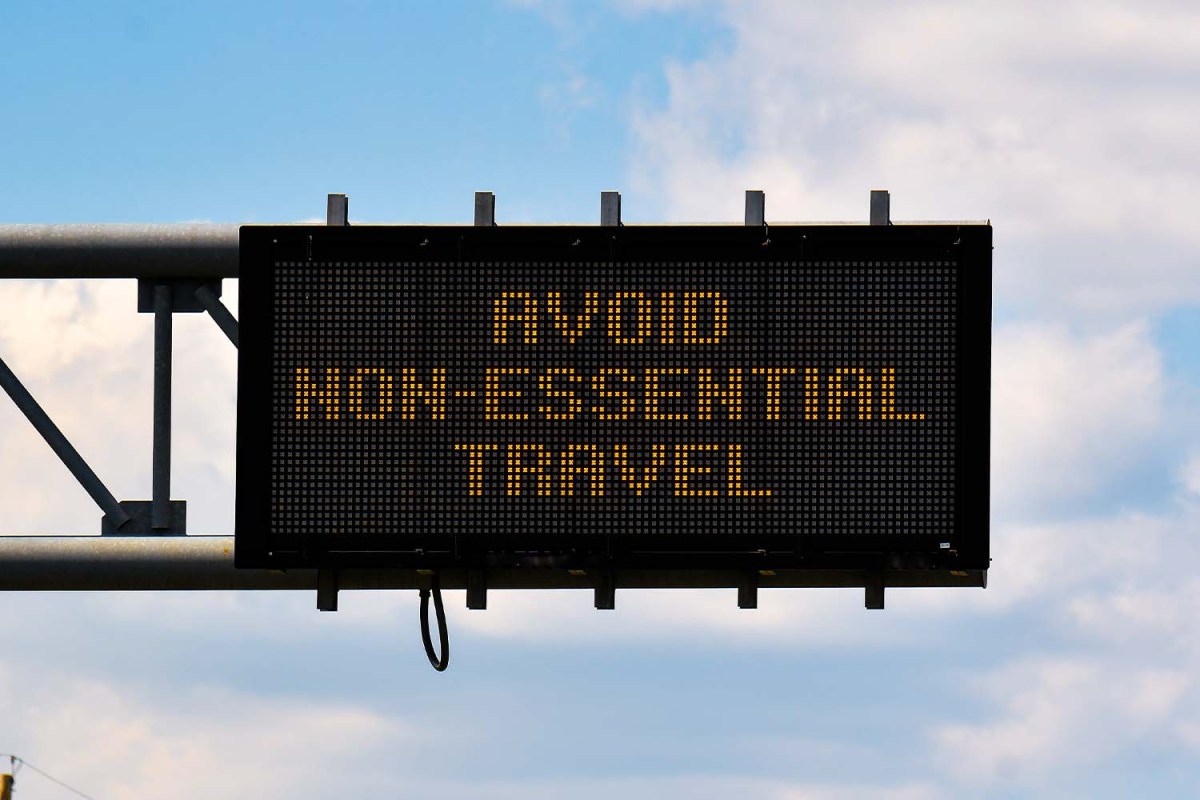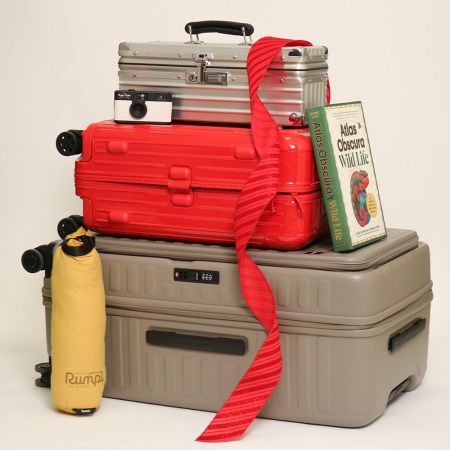As many countries continue to scrap their quarantine requirement for inbound travelers, this week Belgian authorities have decidedly moved in the opposite direction by introducing a new one. This time, though, it isn’t for COVID.
Per CNBC, Belgium has become the first country to require travelers with monkeypox to quarantine for 21 days, or until their sores subside. At the time of this writing, there are a total of 92 confirmed cases of monkeypox registered in 12 different countries — the United States, U.K., Canada, Australia, Germany, France, Italy, Spain, Sweden, Belgium, Portugal and Netherlands — as well as 28 suspected cases being investigated. Three of the confirmed cases are out of Belgium.
And while it hasn’t yet been declared an international emergency (yet being the operative word), it could be. That’s when, according to Kathy Bergin, professor of disaster law at Cornell Law School, the travel restrictions come into play.
“The World Health Organization (WHO) has convened its emergency committee nine times, and it has declared six international public health emergencies,” Bergin said. “The committee waited months before declaring an emergency for Ebola in the Democratic Republic of Congo, and of course came under scrutiny for delaying its response to COVID-19 in 2020. Those delays cost lives, so it’s possible a committee called together to consider monkeypox would be persuaded to move quickly this time.”
“If an emergency is declared, the committee will also issue temporary recommendations to member states, and those will almost certainly caution against travel restrictions which, while helpful to limit spread initially, can devastate countries that rely on trade and tourism, especially those with fragile economies and limited health capacities,” she added. “More than $2 billion was lost in West Africa following the 2014-16 Ebola outbreak, due in part to travel and trade restrictions. Despite all that, however, travel restrictions have been the go-to response for many countries once an international emergency is declared, and the WHO doesn’t have a mechanism to force countries to comply with its recommendations beyond diplomacy or ‘naming and shaming.’”
For the uninitiated, monkeypox isn’t a novel virus like SARS-CoV-2 and it’s not unheard of for people to contract monkeypox from animals, specifically rodents. In fact, according to the CDC’s website, it’s been happening for decades. The first two outbreaks of a pox-like disease that occurred in colonies of monkeys kept for research (ergo monkeypox) happened in 1958 — twelve years later, in 1970, the first human case of monkeypox was recorded in the Democratic Republic of the Congo with symptoms including a distinct bumpy rash, fever, headaches and muscle aches.
And it’s not atypical for travelers to contract monkeypox, either. According to USA Today, several people arrive in the U.S. and Europe with monkeypox annually. The difference now, however, is the higher rate of person-to-person transmission, which is what hasn’t been seen before now.
The good news, if there is any to be had, is this: This strand of the virus is being transmitted by “close contact with lesions, body fluids, respiratory droplets and contaminated materials such as bedding,” per the WHO. Further, it appears that, based on several of the confirmed cases, it is being spread through sex. In other words, you’re probably not as likely to catch monkeypox on a plane — or at an airport — as you would, say, COVID. (Unless you’re having sex at the airport.)
That said, it would behoove you to remain cognizant. Travel restrictions aren’t imminent, but they certainly are possible, evidenced by Belgiums quarantine measure. At one point, we were all unaware that COVID was going to be an international emergency, either, but alas — more than two years later — here we still are.
Thanks for reading InsideHook. Sign up for our daily newsletter and be in the know.


















